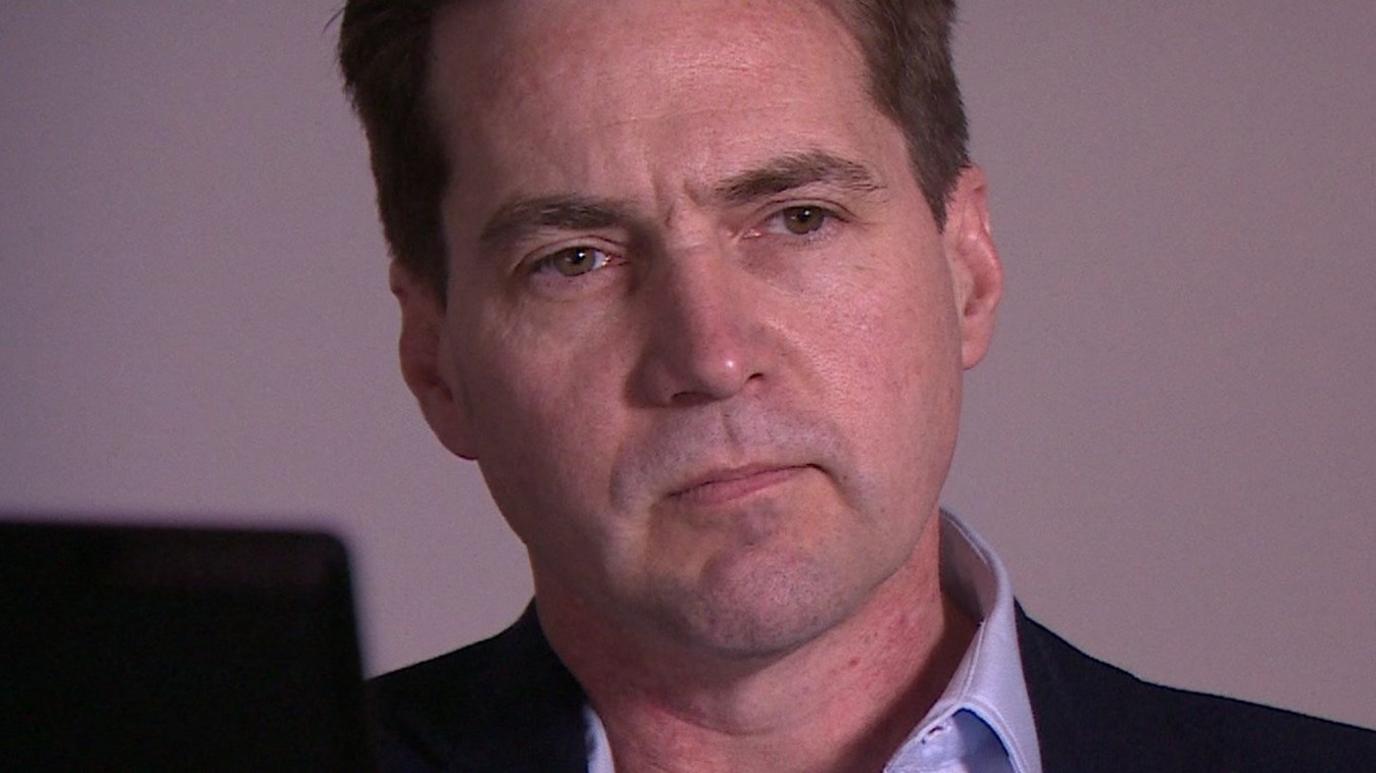Bitcoin industry 'sceptical' of Satoshi identity claim
- Published
Bitcoin scientist Gavin Andresen said on Monday that he believed Craig Wright's claim
Members of the Bitcoin community remain sceptical about Craig Wright's claim to be the mysterious creator of the digital currency.
At the Consensus 2016, external conference in New York, attendees told the BBC they wanted to see more proof before they would be ready to believe the claims.
Mr Wright spoke to the BBC claiming he created the crypto-currency.
Gavin Andresen, chief scientist at the Bitcoin Foundation, has confirmed the claim.
Noisy method
Mr Andresen said he travelled to London to meet Mr Wright who showed him proof that he and Satoshi Nakamoto - the pseudonym adopted by Bitcoin's creator - were one and the same.
"He signed in my presence using the private key from block one, the very first mined Bitcoin block, on a computer that I am convinced had not been tampered with," he said.
Each key is a unique digital code that is linked to specific bitcoins.
But even he added: "It is impossible to prove something like that 100%."
Scepticism about Mr Wright's claim has been fuelled by following the steps he put on his blog that, he said, show how to go about verifying cryptographic keys.
Some queried the complicated series of steps in this process and the information they called upon. Security expert Dan Kaminsky said the process was "maliciously resistant" to validation.
Mr Andresen said he could not explain why Mr Wright had chosen such a "funky" procedure as a proof.
Others at the Consensus conference were more openly sceptical. Vitalik Buterin, from the blockchain company Ethereum, said the very "noisy" way in which Mr Wright chose to make this announcement threw into question whether it was true.
"In general, signal theory says if you have a good way of proving something and a noisy way of proving something and you choose the noisy way chances are it's because you couldn't do the good way in the first place."
Eric Voorhees, founder of cryptocurrency trading app ShapeShift, also had his doubts.
"I generally trust Gavin [Anderseen]'s opinions so I want to believe this but I'm not convinced yet," he said.

Power bills could be cut with a bitcoin-like system that keeps an eye on energy use
Others were more willing to believe that the elusive Bitcoin creator had finally been revealed.
"I think it would be good news if Satoshi Nakamoto is found," said Daniel Lipshitz, from bitcoin infrastructure company Gap 600.
He said while public proof from Mr Wright would be good, he trusted Mr Andresen and was willing to believe that he had seen compelling evidence.
Moving on
The digital currency industry is still developing. It has moved from the shady criminal underworld it was first associated with. Bitcoin, and the underlying blockchain technology it is based on, are now being invested in by the finance industry looking for the next place for innovation.
"It's not clear to me that if Craig Wright is Satoshi, or if it's someone else, that this is relevant to Bitcoin these days," said Dr Garrick Hileman, an economic historian at the London School of Economics, who has studied the genesis of the digital currency.
"Some would argue that we are now living in a post-Satoshi world," he said. "But I think Satoshi does matter, we should not dismiss their contribution."
However, he added, sessions at the Consensus conference and events in the wider world showed how the focus on the technology had shifted. Many financial firms were now looking at the blockchain that underlies bitcoin as a way to solve and streamline some long-standing payment processing problems.
"The industry has moved," he said. "The investment and interest is going into more and more non-currency uses."
- Published2 May 2016

- Published19 February 2016

- Published19 January 2016
